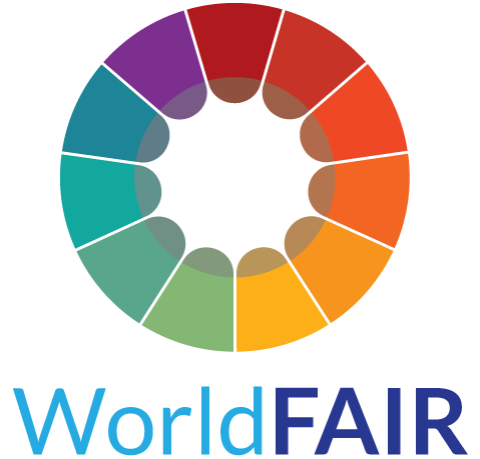 Wednesday 8 May, 10:00 – 11:00 am (UTC)
Wednesday 8 May, 10:00 – 11:00 am (UTC)
Register here!
Join us on Wed 8 May for the final meeting of the Cultural Heritage and Social Surveys case studies and discuss their latest reports (Social Sciences) Pilot implementation of guidelines with ESS and AUSSI-ESS datasets & Final Report on Cultural Heritage FAIR sharing (coming soon).
Speakers: Steven McEachern (WP6), Beth Knazook (WP13)
About the case study on Social Surveys
Comparative studies in social science are relatively well-established, with strong traditions of sharing data across countries to establish multi-national comparative data sets for studying cultural, social and political variations in attitudes and institutions. The EU-funded European Social Survey has regularly conducted cross-national surveys of social attitudes of the European population since 2002.
More recently, the ESS has been partnering with a number of researchers outside the EU to establish satellite studies of the ESS in Australia, Japan and South Africa. The extension of practices to these countries provide a new opportunity to compare and harmonise practices and technologies, focusing on Interoperability and Reusability.
This case study undertakes a comparative study of the data management, harmonization and integration practices of one of the satellite countries – Australia, through the AUSSI-ESS – and the core ESS, an ERIC social science infrastructure. It leverages the DDI metadata standards to understand how such multi-national collections could be made increasingly interoperable and reusable through shared procedural and technical development, and establish a set of guidelines and tools for the development of cross-national collections into the future.
About the case study on Cultural Heritage
Cultural Heritage collections in Galleries, Libraries, Archives and Museums (GLAMs) provide the input for research in a range of disciplines. Online digital image sharing practices and policies established by leading institutions and professional bodies charged with providing care and access to cultural memory are well established, but serve to support accessibility and interpretability, and not specifically interoperability or reusability as data for the research process. This case study looks at how GLAM practices that support image sharing can be brought into closer alignment with the FAIR principles for research data to support a growing need for cultural heritage data.
Several global image-sharing communities/platforms exist online and these communities provide large (but not very FAIR) datasets and crucial networks for coordination.
The sharing of visual sources in particular has challenges around copyright, but also increasingly around what is being represented by the images and their associated metadata (i.e. surrogate vs original) as the sector undergoes a paradigm shift to consider its Collections as Data. The GLAMs have many well-established metadata standards and vocabularies, and persistent identifiers also exist, however compared to the output of the other research disciplines being examined as part of the WorldFAIR project, GLAMs specifically, and Humanities disciplines more generally, have comparatively less-developed data sharing cultures.
The Digital Repository of Ireland, a CTS-certified repository for arts, humanities and social sciences (AHSS) data, has played a leading role in aligning the work of the cultural heritage sector with FAIR (see the DRI’s position statement on FAIR and Open Science). Through this case study, the DRI will produce a mapping report of existing policies and practices that support image sharing across diverse collecting institutions, develop a set of broadly applicable recommendations for shifting these practices into closer alignment with FAIR, and implement the recommendations at the Repository. Establishing FAIR practices in the GLAM sector would have a very significant effect on the sharing of cultural heritage data, and on the research data management practices across the arts, humanities and social sciences disciplines, making this case study itself multidisciplinary and multisectoral.
Please register here! We look forward to seeing you on 8 May!
